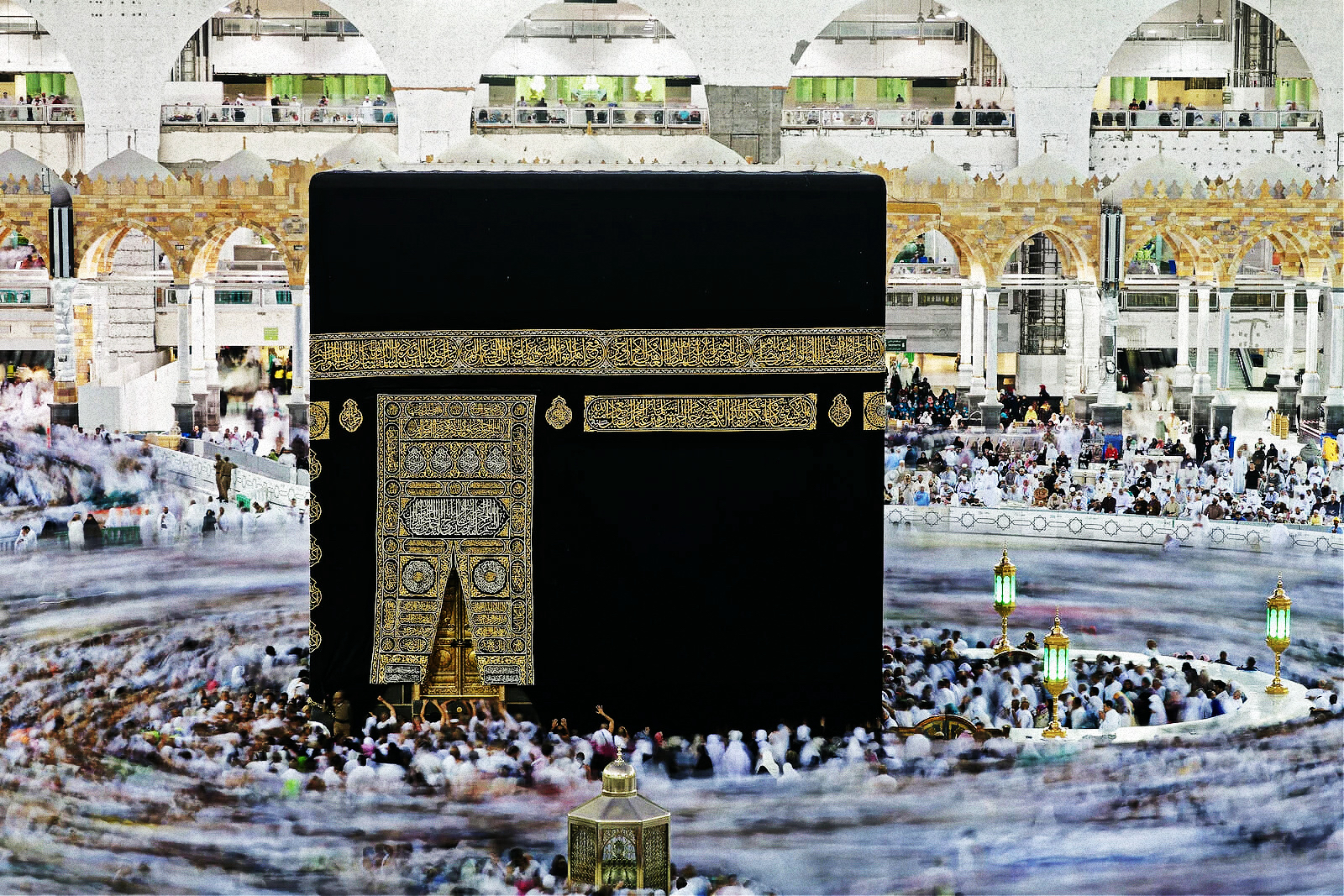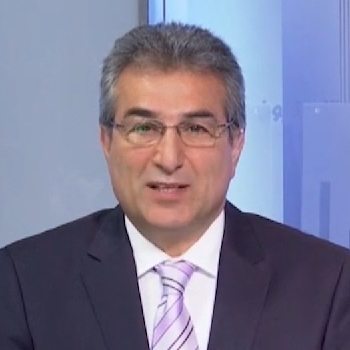
Culture
During Ramadan, What Tadabbur Taught Me About My Faith
In this holy month of Ramadan, I aspire to follow in the footsteps of Muhammad and become closer to him for two reasons: to draw closer to God and to learn the language of God as it is written in the Quran.
As I read the Quran, I reflect on the first words spoken to Muhammad and am filled with several questions. What was the message beyond the words in the first encounter? Why did God speak those particular words? What did God want his messenger to take away from this very first meeting? What did Muhammad do with the words, and many more?
Let’s begin.
Muhammad received the first verses of the Quran while he was in a cave when he was around 40 years old, circa 610 CE. He used to retreat to the cave to meditate and reflect on the state of society and the world around him.
One night, while he was in the cave, a voice told him to recite. The man who would be the prophet of God was illiterate. He replied, “I can’t read!” Muhammad was illiterate, having never been to school. Walking with him, sitting next to him in the cave, I feel mixed feelings of joy, fear, excitement, and confusion. What was he supposed to recite?
The angel then recites the first words of what would become the Quran, and Muhammad repeated them after him.
“That is better, the way to go,” I say. But wait a minute, if we’re supposed to read, where is the writing? A book, a piece of paper, a notebook? What is it written on? There’s nothing like that in the cave.
Hmm, maybe the person telling him to read has brought it with him. He has it at the entrance of the cave he came in from. Let’s walk out to see what’s out there. As I get up to walk to the top of the rock outside of the cave, I see it.
My God, I understand what the angel wants us to read. At sunset, a spectacular view of Mecca can be seen from the top of Jabal an-Nour mountain.
As I climb to the top of the rock outside the cave, a stunning view of Mecca at sunset greets me. The city appears to be a smaller version of itself from this magnificent vantage point, with people going about their daily lives. Some are in groups, others are playful, and some wander by themselves, lost in thought.
But what were the first words of the Quran?
“Read in the name of your Lord who created.”
These first words are about the people down there in the valley. The words are about us, dealing with each other, and our relationships, society, and ups and downs. These words are the first lessons taught by a very special teacher, descended to teach, and guide us through the most important class assignments to free us from the shackles holding us down in that limited, dead-end valley surrounded by mountains.
Read is the first assignment.
The lesson is to read what is written on those people’s faces, their dreams, fears, and hopes.
Read what is happening in the streets, behind the walls, in homes with children, big and strong, weak and underdogs, those left behind…
Read and read while thinking about the Creator. The One who has created them all…
An important note:
With my reflections on the words of God, I would like to clarify that I am not doing tafsir, but rather sharing the outcome of my tadabbur. The primary distinction between tafsir and tadabbur is that tafsir refers to the science of analysing the meanings of the Quran, whereas tadabbur refers to the act of contemplating or pondering on the Quran.
Tafsir is often performed by scholars with proficiency in the Arabic language and the context of the Quran, but tadabbur can be done by everyone, from scholars to ordinary people. Tafsir entails employing a variety of instruments and procedures, such as analysing the grammar and syntax of the text, researching the historical context, and assessing the views of previous scholars. Tadabbur, on the other hand, is a personal act of meditation and absorption of the meaning of the Quran. It is a method of engaging with the Quran on a deeper level and allowing its teachings to have an impact on our lives. Tadabbur is more concerned with how the Quran’s message appeals to us as individuals. It is an opportunity to examine our own ideas, emotions, and convictions in light of the direction provided by the Quran.

